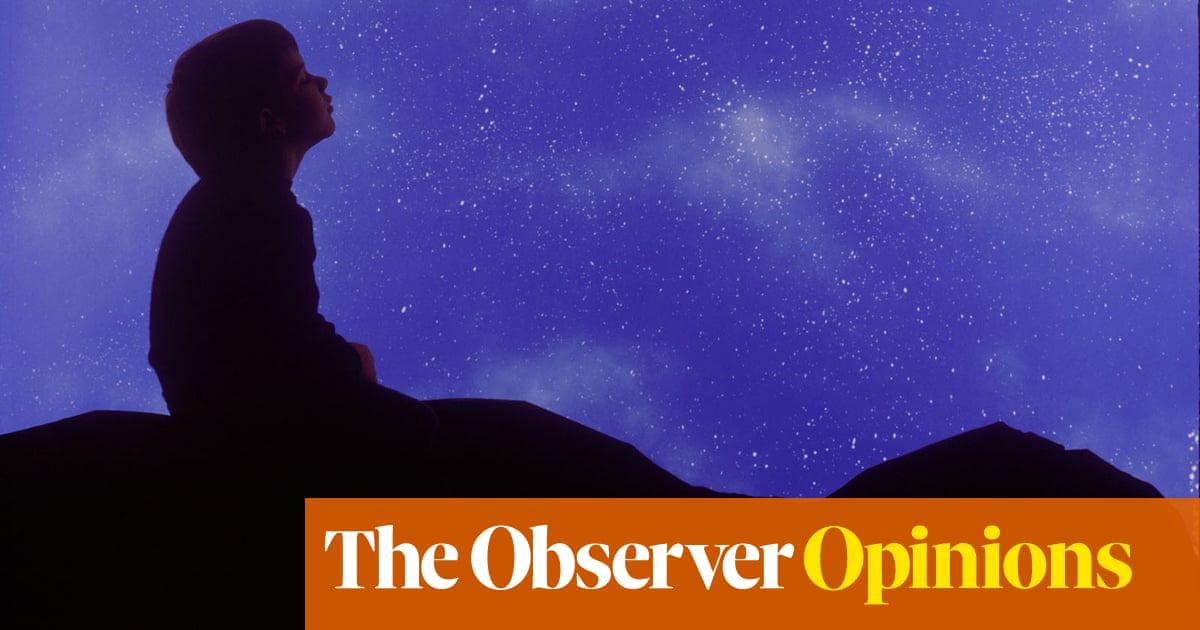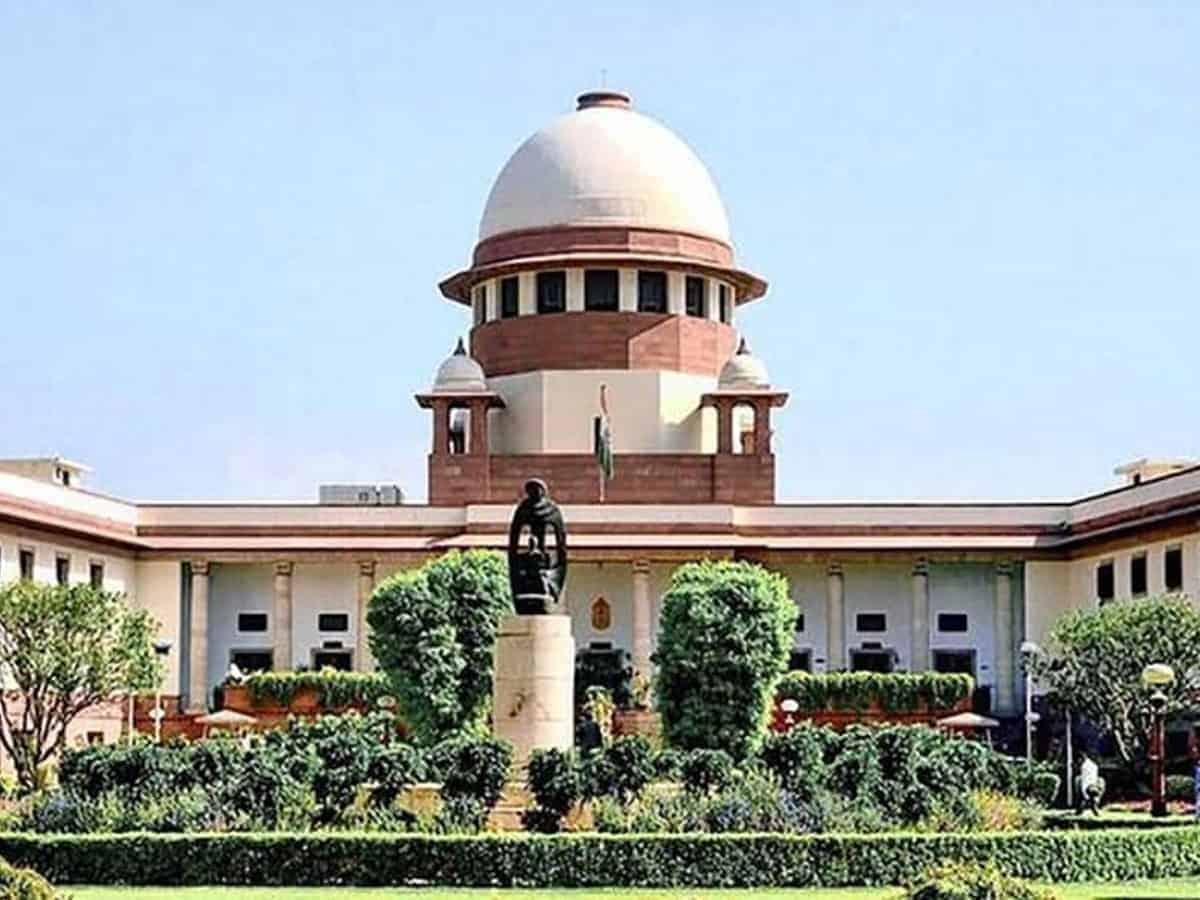Like most five-year-olds, my son is engaged in a constant battle to say âwhyâ until my brain explodes. The Big Bang is a recurring endpoint to these queries, as he pins me under so many whys that we work our way back to the universeâs foundational moment. âWhy does the moon exist?â Big Bang. âWhy is the sky blue?â Big Bang.
How or why it happened is a question so impossible to answer that it gestures towards religious mystery. So, I shouldnât have been surprised when he turned to me this week and said, âSo, is God friends with the Big Bang?â
This phrasing caught me off guard. First, it implies he thinks of the Big Bang as a person and my explanations of that event have been worse than I thought. Second, it suggests my son has been doing a little metaphysical thinking of his own.
He does have religious education in school and, occasionally, comes home with tales from what Iâd call the Old Testamentâs greatest hits â Noah and the flood, perhaps, or Adam and Eve. Since his class is drawn from many backgrounds, the children learn about other faiths, too, and he can reel off facts about Diwali, Ramadan and Purim. Iâm heartened by this as every minute of my education in Derry took place in Catholic schools and roughly 10% of my teachers were nuns or priests. They werenât especially dogmatic, but itâs a monoculture Iâd like my son to avoid. And my education was significantly more secular than my dadâs, for whom every single secondary school teacher was a priest, and 10% of his classmates went on to become ordained themselves.
I still donât know how I feel about RE in general. Learning about many faiths seems eminently favourable to my own experience of learning there was one proper religion â and it, wholly true â but part of me canât shake an unease towards any form of compulsory religious education. I try to be consistent with my son about my own views as someone who does not believe in a literal deity, but I donât want him to stifle or ridicule the meaning others take from it, or miss out on digesting the useful truths that can be gleaned from foundational texts, even as metaphor. Mostly, I tell myself heâs five and he has a whole lifetime to riddle these things out for himself.
Even I, however, balk at the idea that the Big Bang is just a friend of Godâs who does a few odd jobs about the universe, so I pull up the Big Bang Wikipedia page and get cramming. Later, I will attempt to explain that, before the Big Bang there was merely empty space, filled with matterless energy. That the remnants of the immense explosion of light that followed can still be found in the static we hear on radios and see on old TVs. That its impact and effect, its mysteries, are, for me, more compellingly strange and beautiful than anything to be found in the catechism. And I will tell him that the Big Bang was first theorised by the astronomer, physicist and Catholic priest Georges Lemaître. Perhaps a religious education has its uses, after all.
Did Ye Hear Mammy Died? by Séamas OâReilly is out now (Little, Brown, £16.99). Buy a copy from guardianbookshop at £14.78
Follow Séamas on X @shockproofbeats







